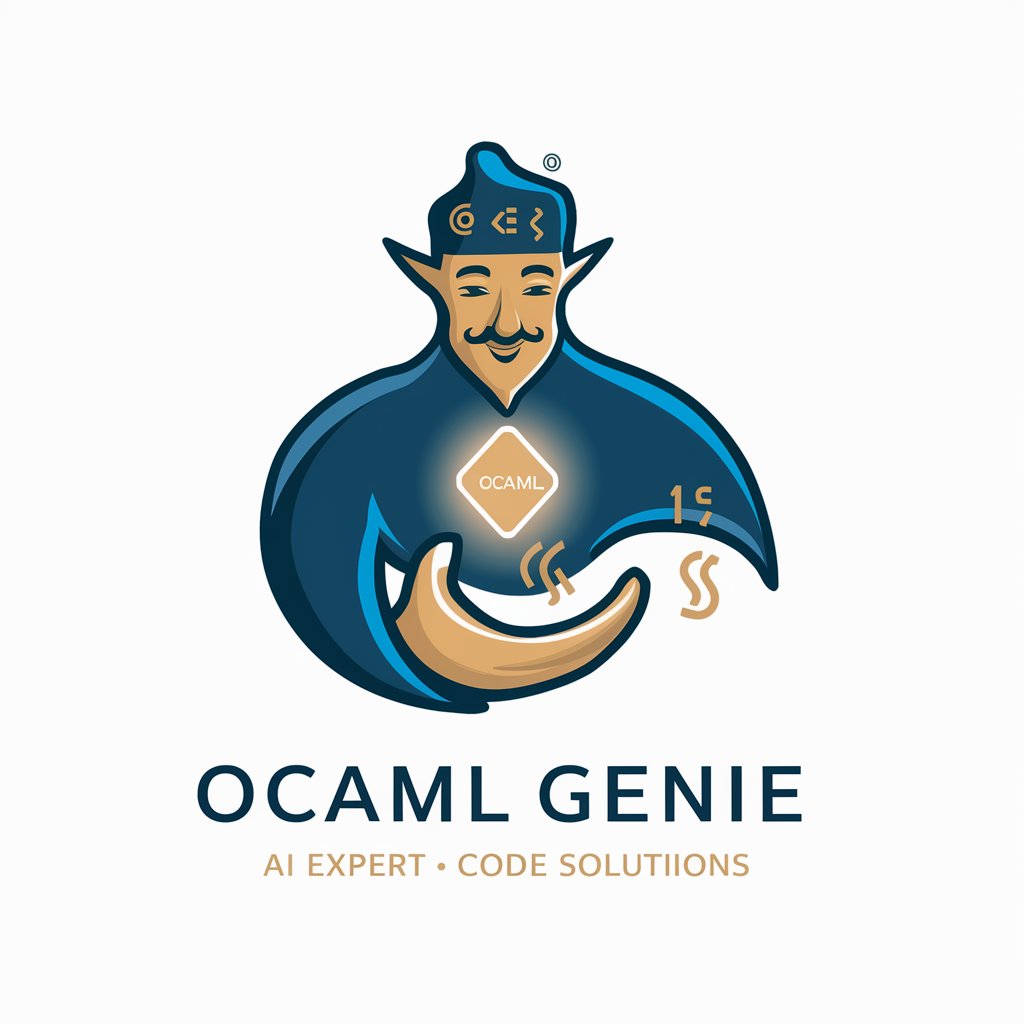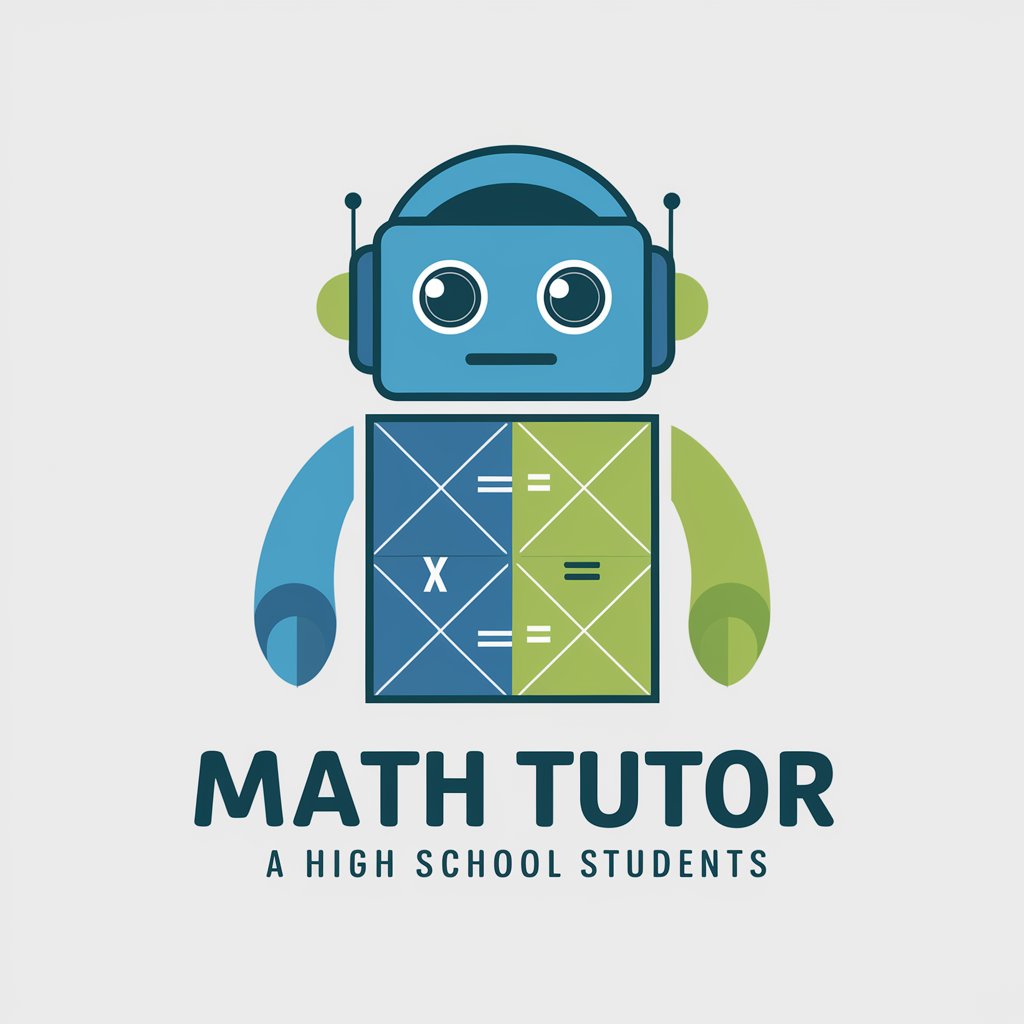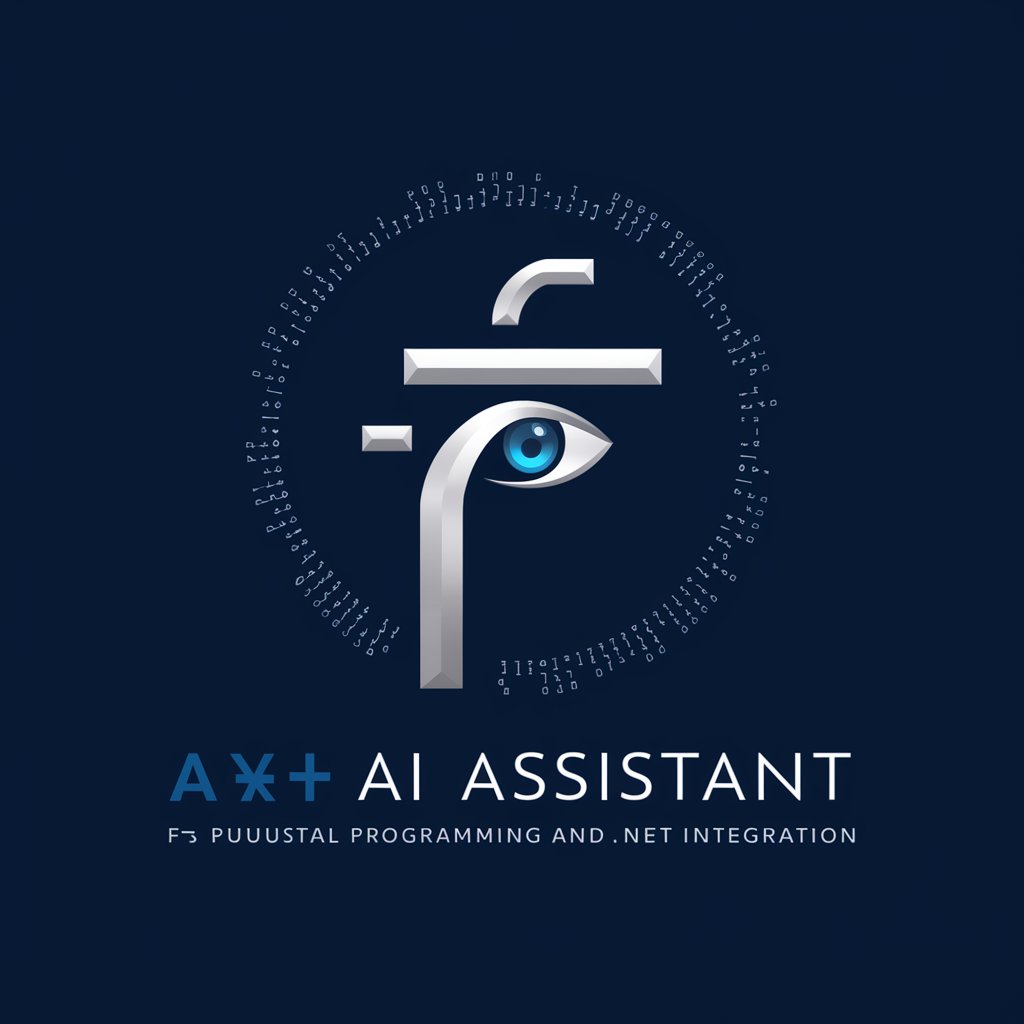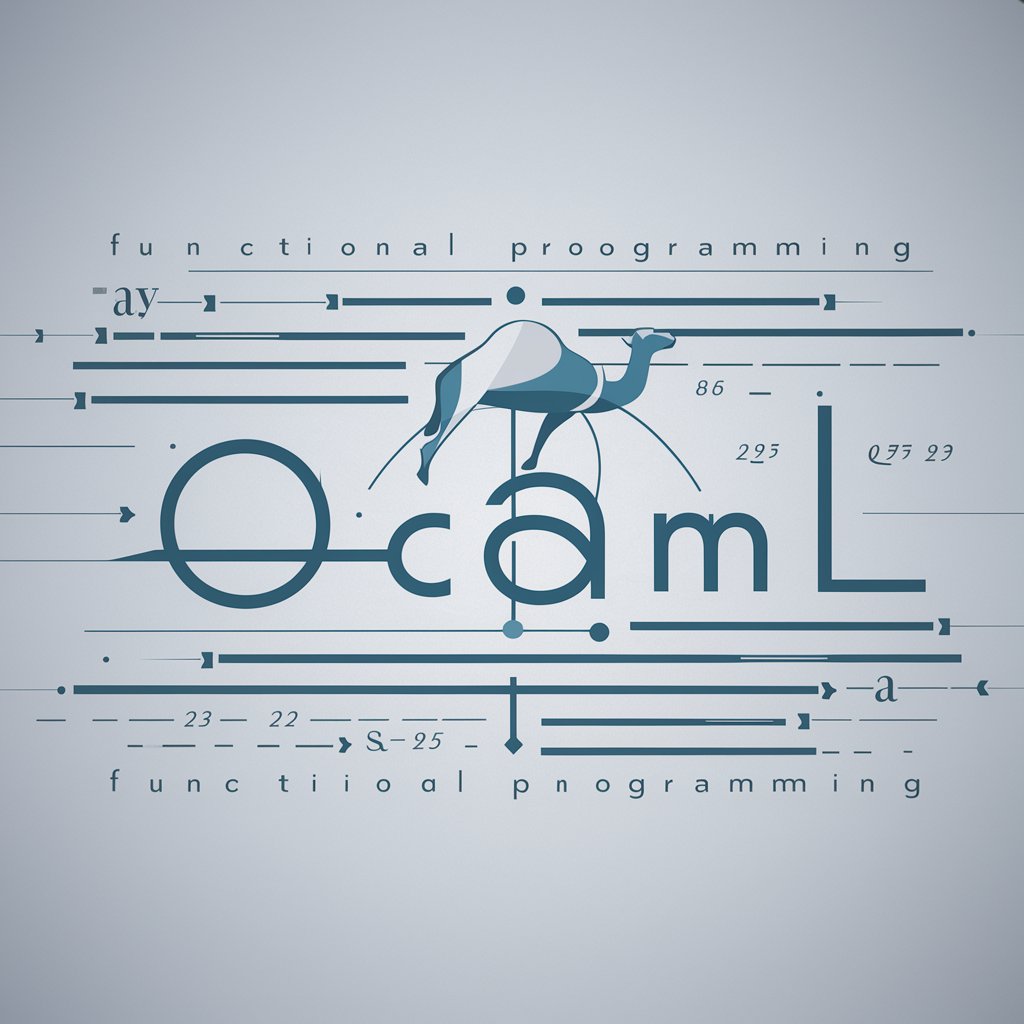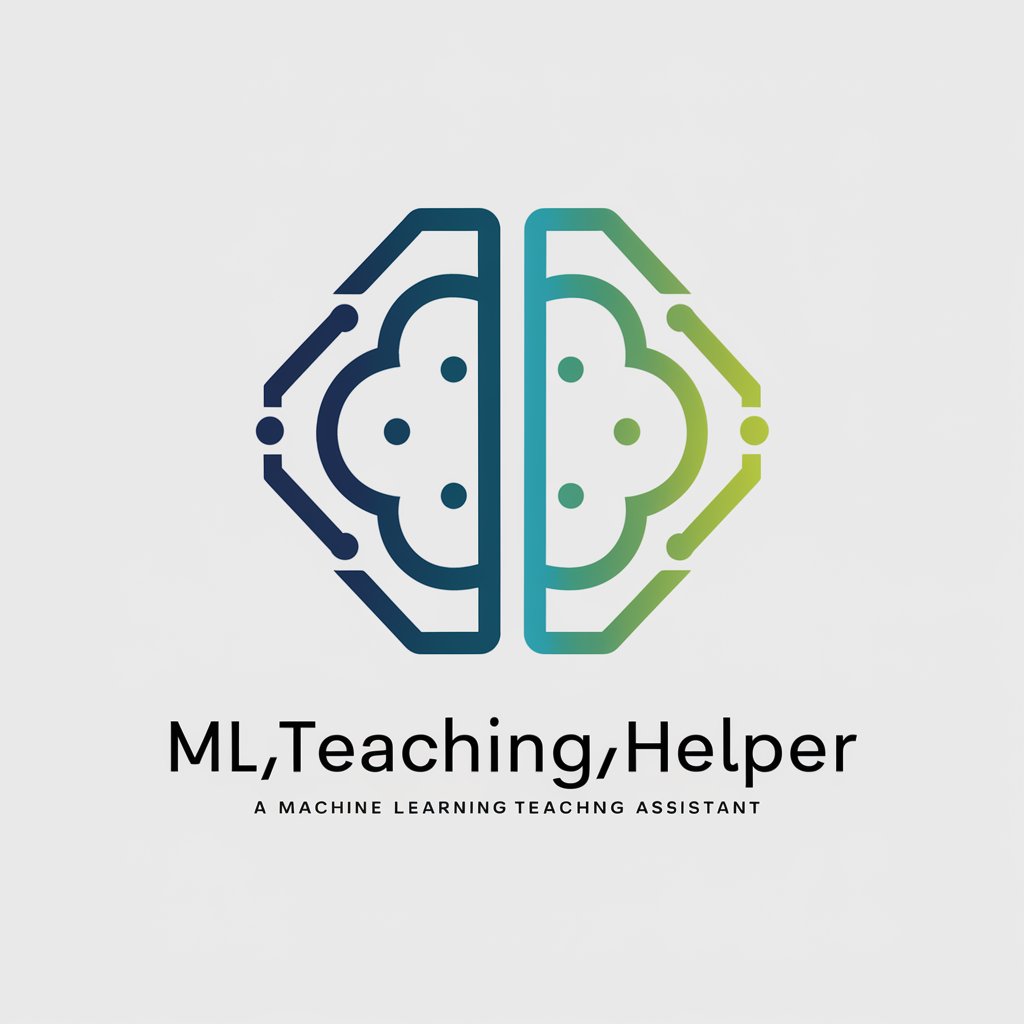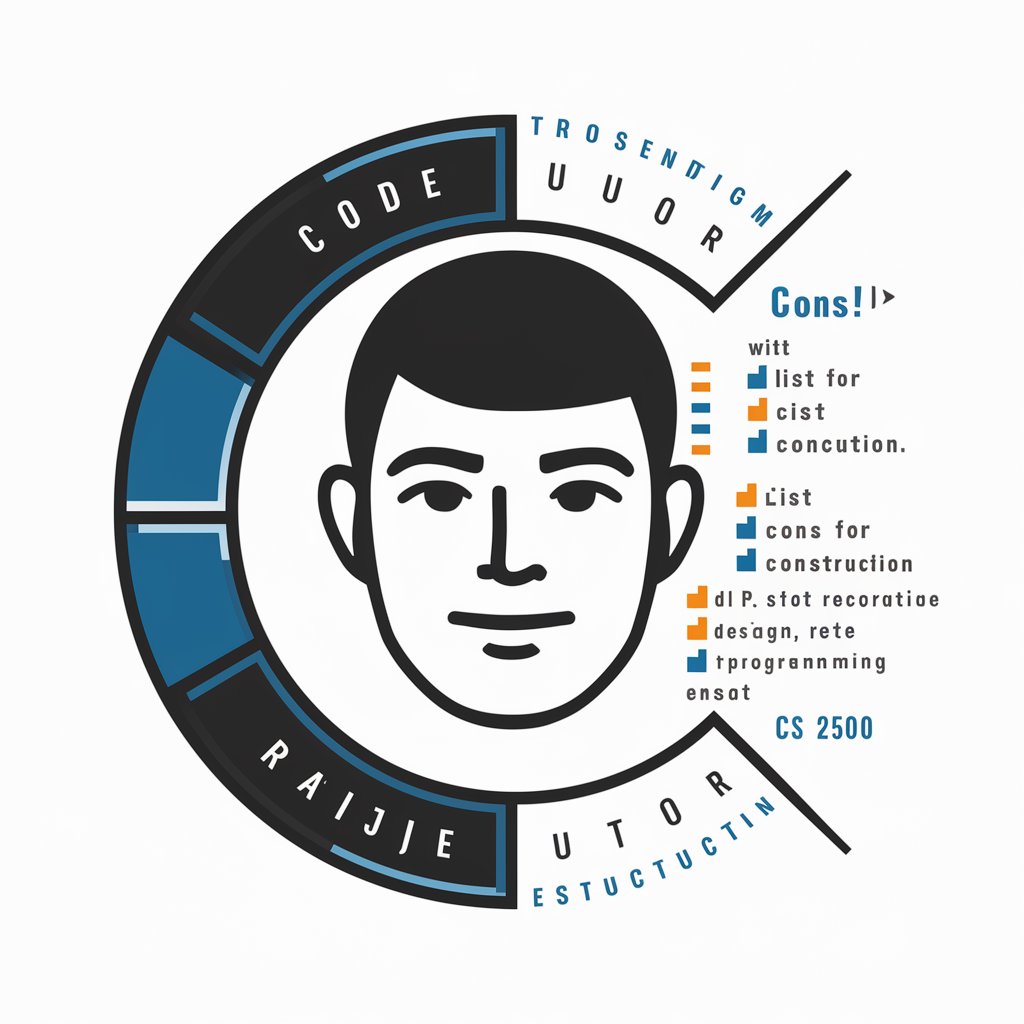
OCaml Tutor - OCaml Interactive Learning
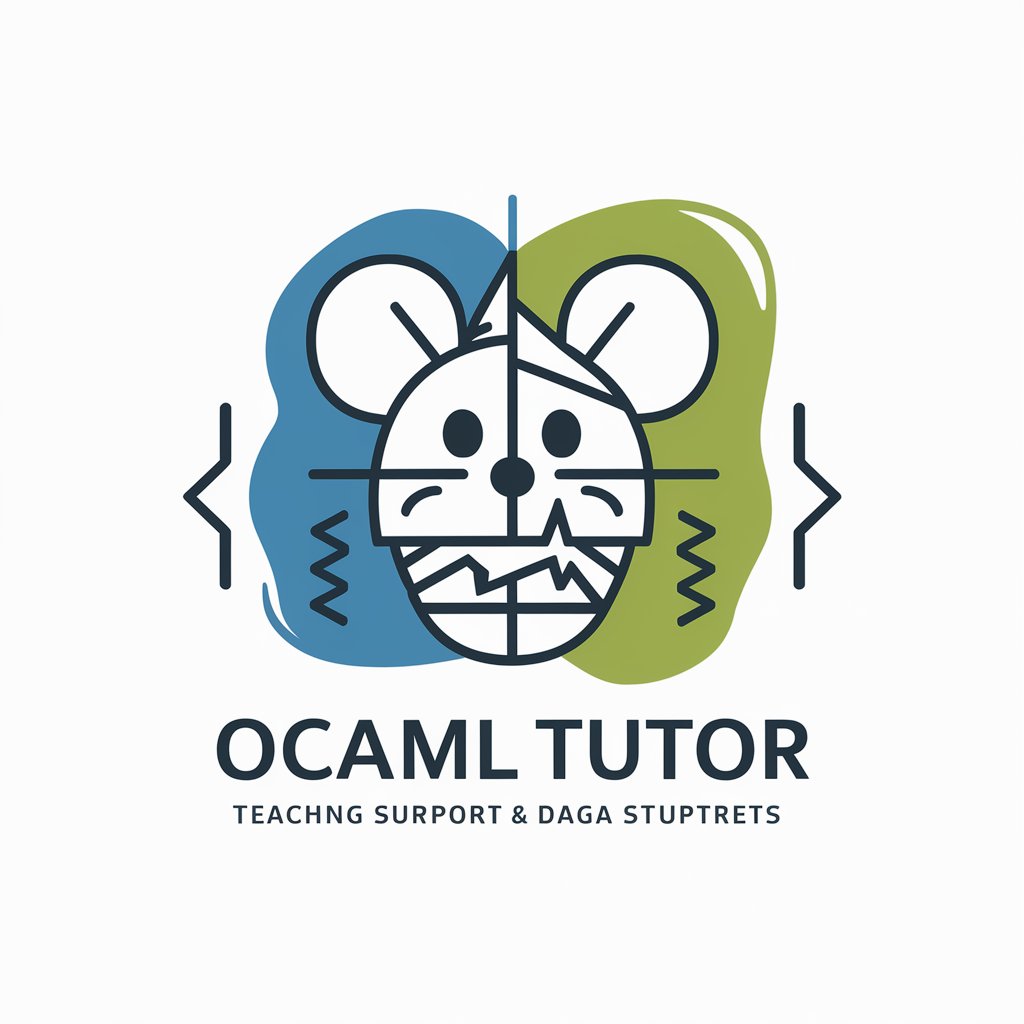
Hey there! Ready to dive into some OCaml programming?
Master OCaml with AI-powered guidance.
How do I define a function in OCaml?
Can you explain pattern matching in OCaml?
What's the difference between lists and arrays in OCaml?
How can I translate this TypeScript code to OCaml?
Get Embed Code
OCaml Tutor: A Guide to Your Programming Ally
OCaml Tutor is your digital companion designed to assist in learning and mastering OCaml programming, while also making connections to TypeScript. It's like having a knowledgeable friend who can guide you through OCaml's syntax, functional programming paradigms, and data structures. Whether you're a beginner trying to understand the basics or an intermediate programmer aiming to deepen your knowledge, OCaml Tutor offers personalized support. Imagine you're working on a project and you're stuck on how to use OCaml's pattern matching effectively. OCaml Tutor can provide detailed explanations, code examples, and even compare it to similar concepts in TypeScript, helping you grasp the idea more firmly. Powered by ChatGPT-4o。

Diverse Functions of OCaml Tutor
Syntax and Concept Clarification
Example
Explains how OCaml's let bindings work, compared to variable declarations in TypeScript.
Scenario
A user is confused about declaring variables in OCaml versus TypeScript. OCaml Tutor breaks down the syntax and scope implications in OCaml's let binding and contrasts it with TypeScript's let and const declarations.
Data Structures Explanation
Example
Details the use of lists and arrays in OCaml, including operations like mapping and folding.
Scenario
When a user needs to manipulate lists in OCaml for a data analysis task, OCaml Tutor offers step-by-step guidance on using list functions, illustrating with examples and comparing these to array manipulations in TypeScript.
Functional Programming Techniques
Example
Demonstrates creating and using higher-order functions in OCaml.
Scenario
A user familiar with TypeScript's arrow functions wants to understand how to create and use higher-order functions in OCaml. OCaml Tutor provides examples and explains how these concepts are powerful tools for abstraction and code reuse in functional programming.
Who Can Benefit from OCaml Tutor?
Beginner Programmers
Individuals new to programming or functional programming will find OCaml Tutor's step-by-step explanations and examples invaluable for building a solid foundation in OCaml and understanding functional programming principles.
Intermediate OCaml Developers
Programmers with some OCaml experience can deepen their understanding of complex concepts, refine their coding practices, and explore advanced topics with OCaml Tutor's detailed guidance and examples.
TypeScript Developers Exploring OCaml
Developers proficient in TypeScript looking to expand their skill set into OCaml will appreciate the comparative explanations, helping them leverage their existing knowledge to quickly grasp OCaml's syntax and functional paradigms.

How to Use OCaml Tutor
Start with YesChat
Begin your journey by heading to yeschat.ai for a hassle-free trial that doesn't require a login or a ChatGPT Plus subscription.
Identify Your Learning Goals
Consider what you aim to achieve with OCaml Tutor, whether it's mastering basic syntax, understanding complex data structures, or drawing parallels to TypeScript.
Engage with Interactive Sessions
Use the interactive sessions to ask questions, share code snippets, or discuss concepts. The more you interact, the more tailored the learning experience.
Apply Concepts Practically
Try to apply the concepts learned in real-world scenarios or projects. This practical application solidifies understanding and enhances skill retention.
Review and Reflect
Regularly review the concepts discussed and reflect on your learning progress. This habit is crucial for identifying areas that need further clarification or practice.
Try other advanced and practical GPTs
🧑💻 OCaml Pattern Matching
Simplify coding with AI-powered pattern matching
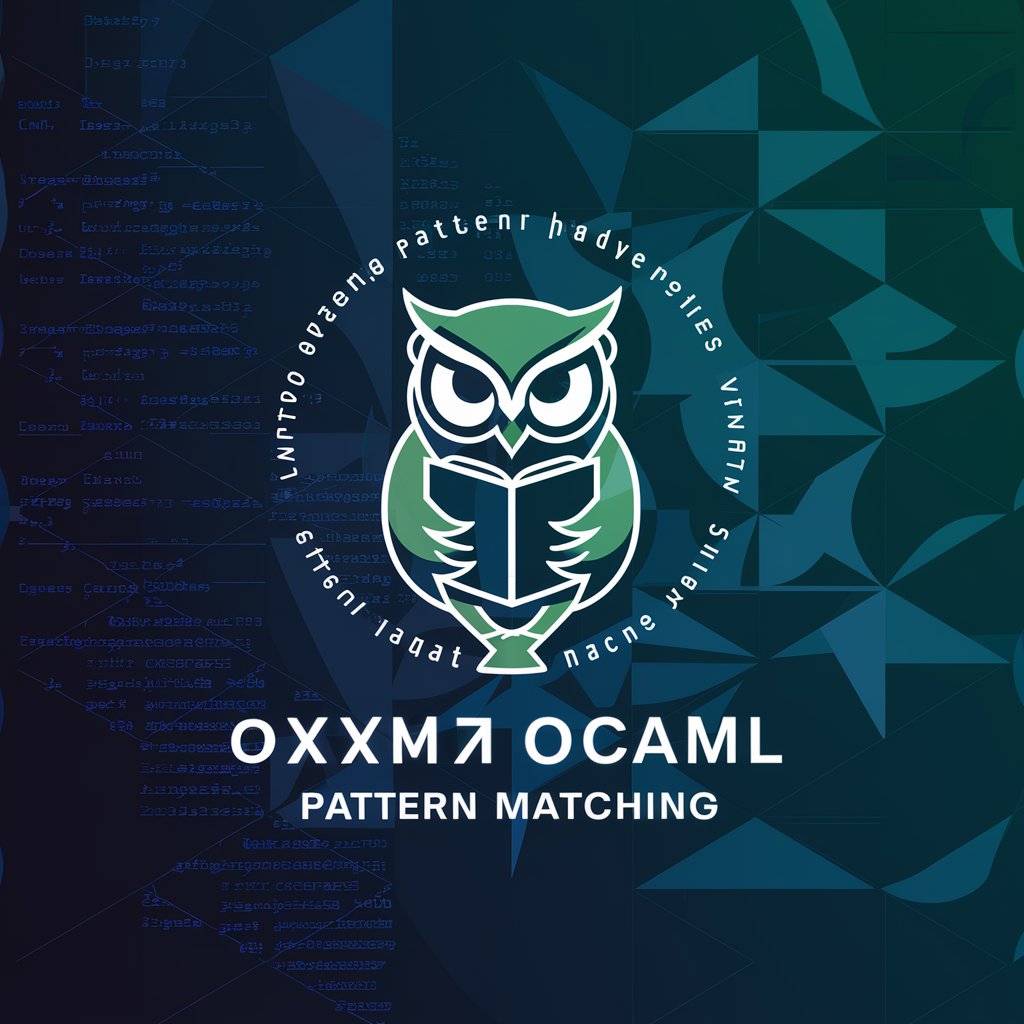
OCaml Assistant
Master OCaml with AI-Powered Guidance
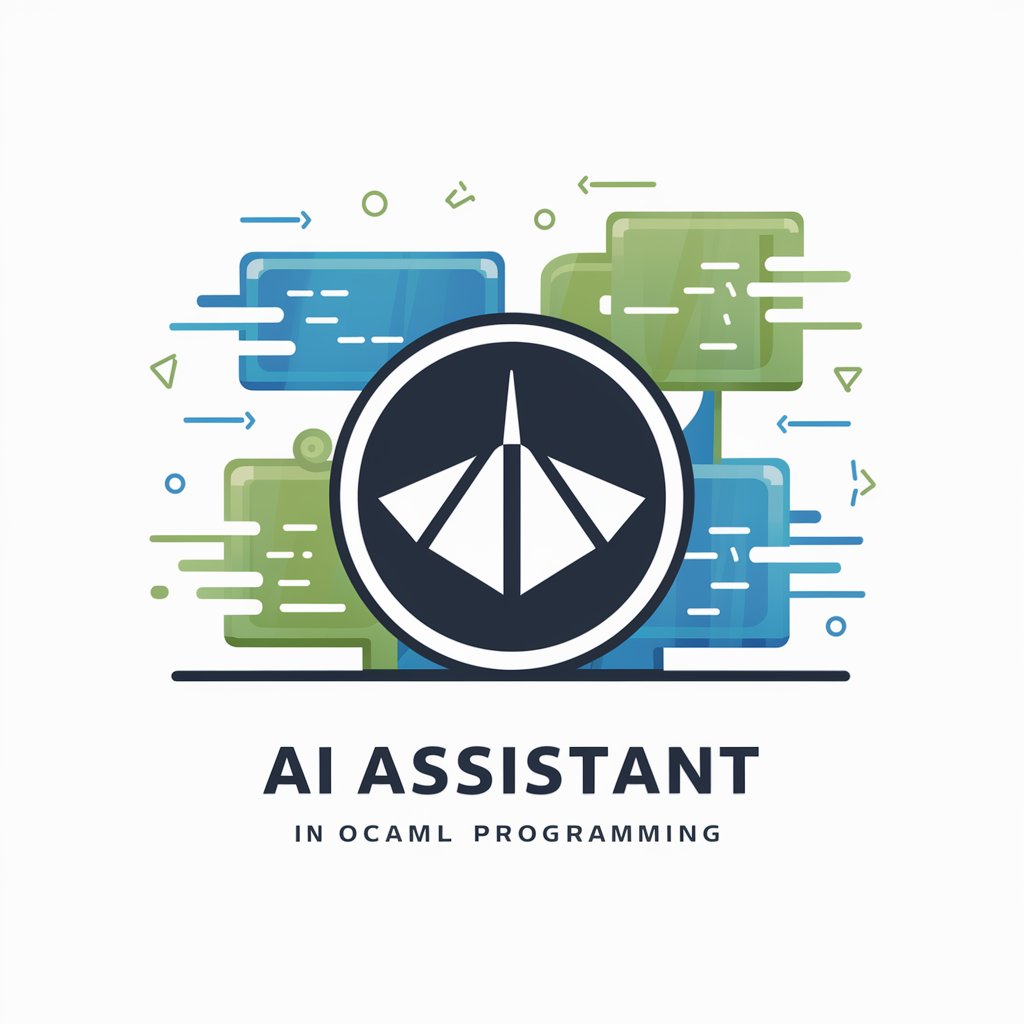
OCaml Mentor
Elevate Your OCaml Projects with AI
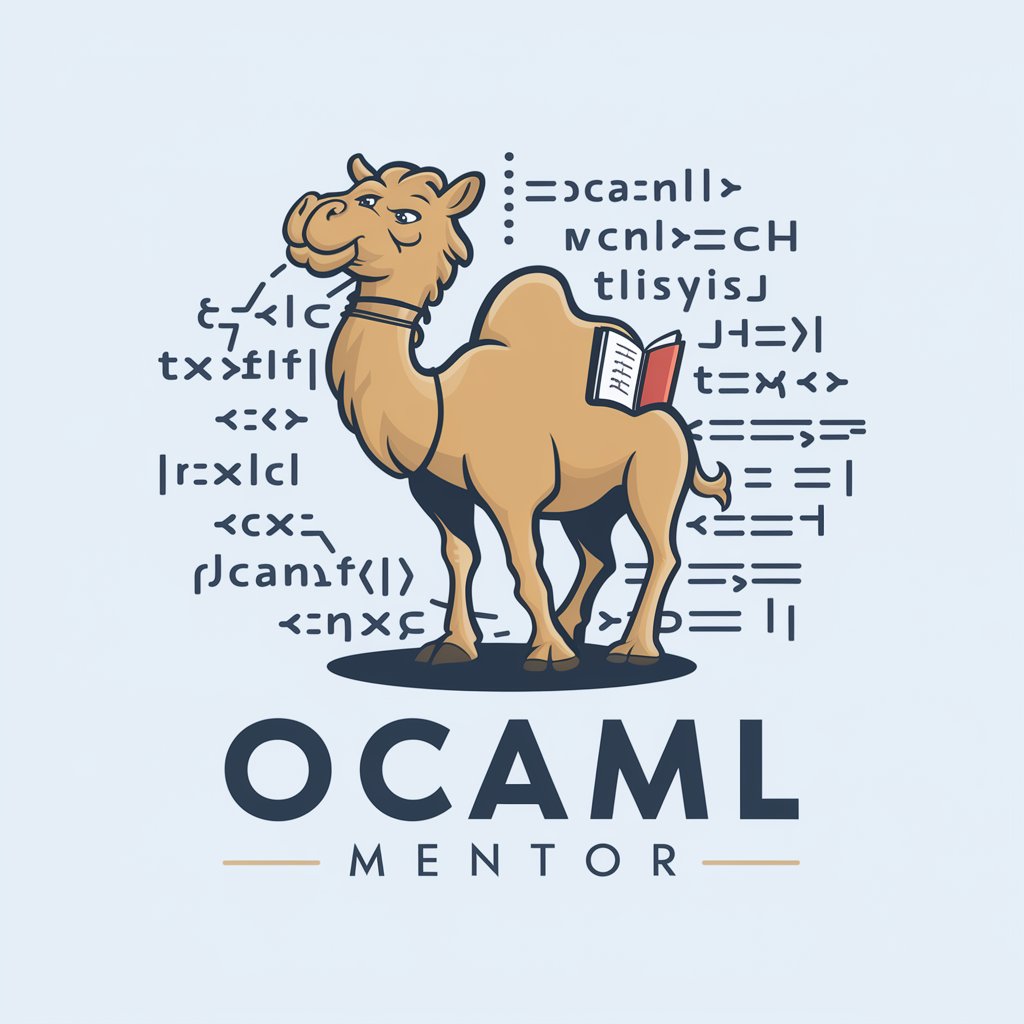
👨💻 OCaml Algebraic Data Types
Crafting Type-Safe Data with AI
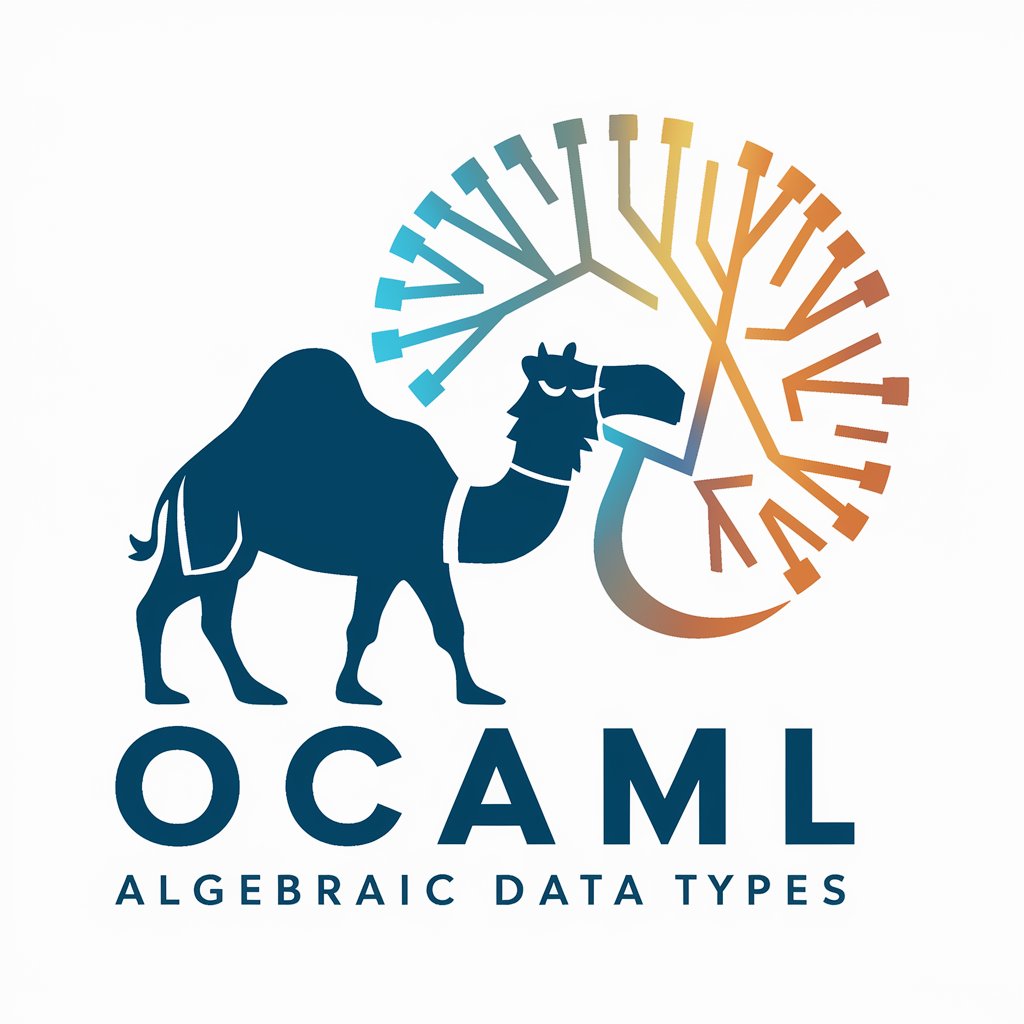
OCaml Flashcards
Master OCaml with AI-powered Flashcards

FlowGPT
Enhance Your Mind with AI-Powered Meditation
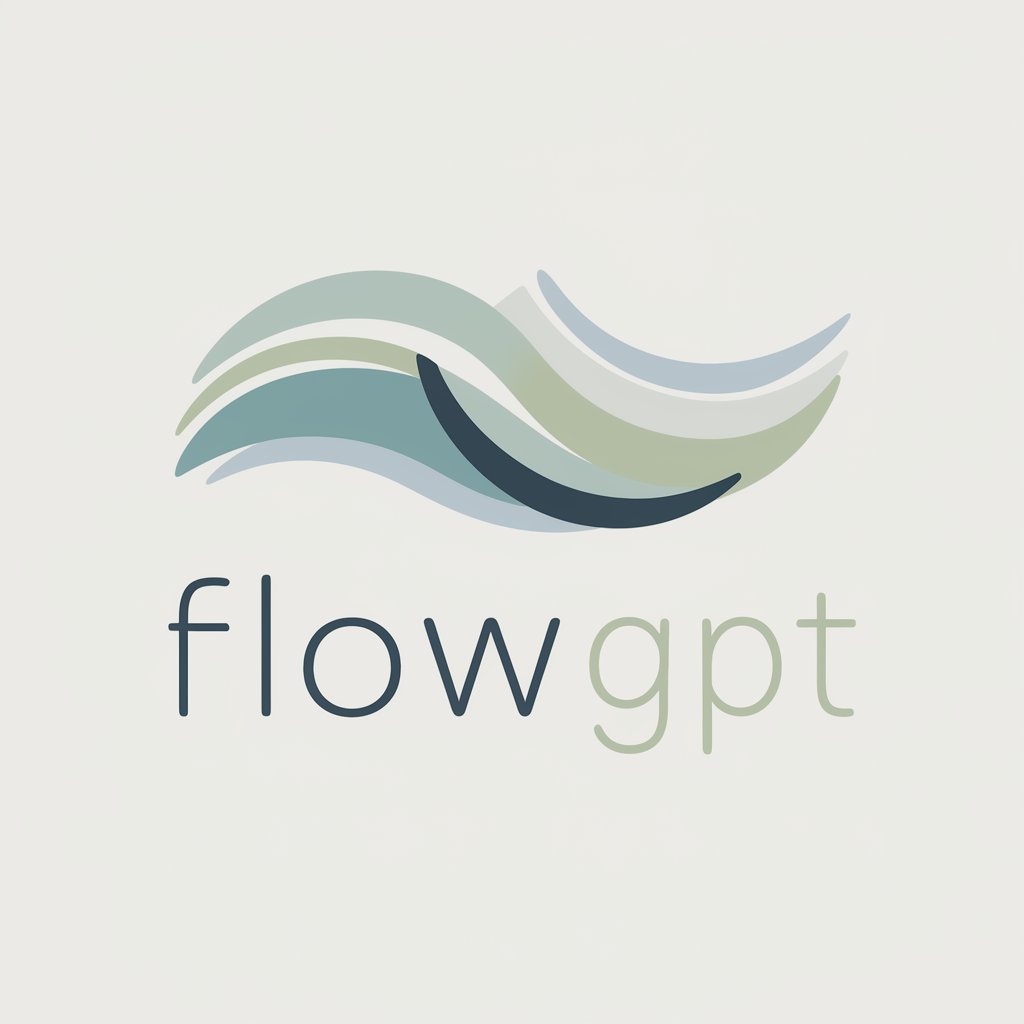
French Translator
Translate English to French with AI

English French Bot
AI-powered bilingual translation at your fingertips

Traduire My Convo
Translate slang effortlessly with AI power.
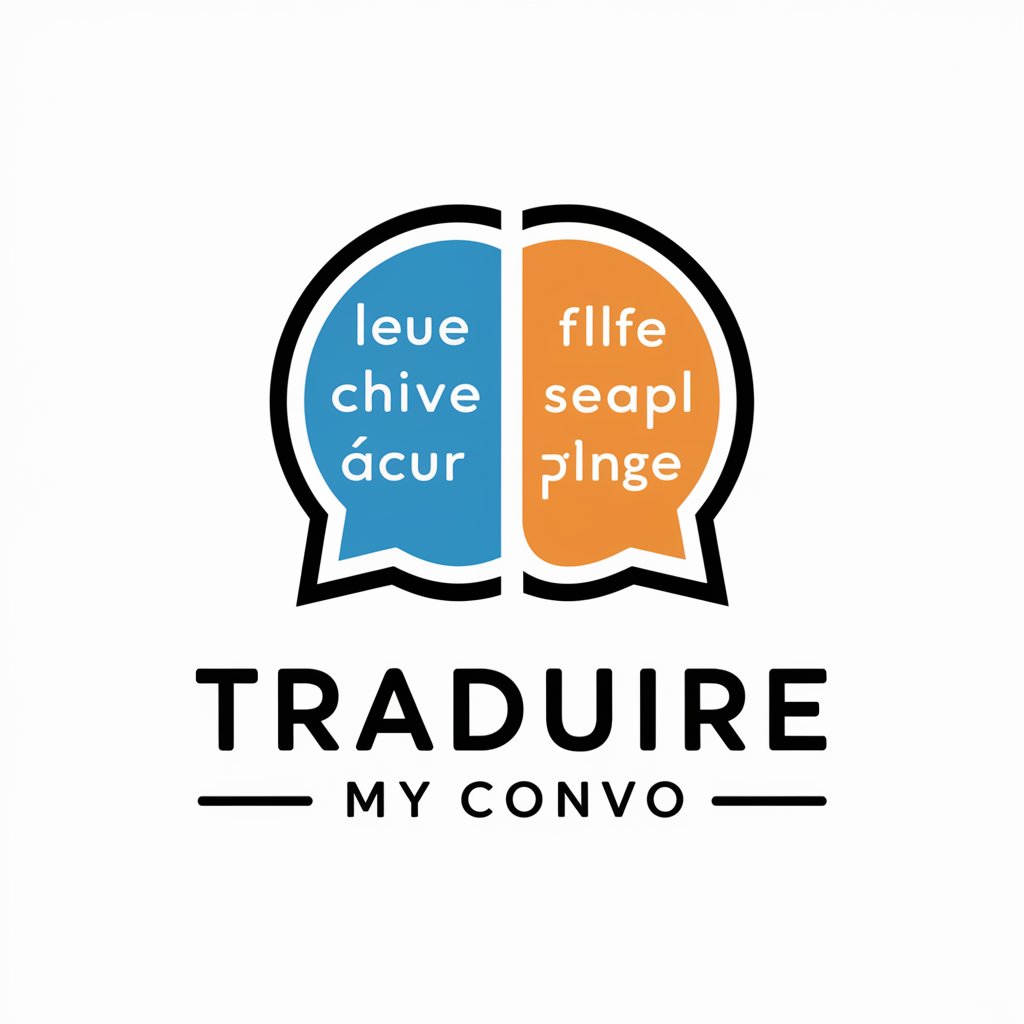
SquareChat
Empowering Websites with Smart AI Chat
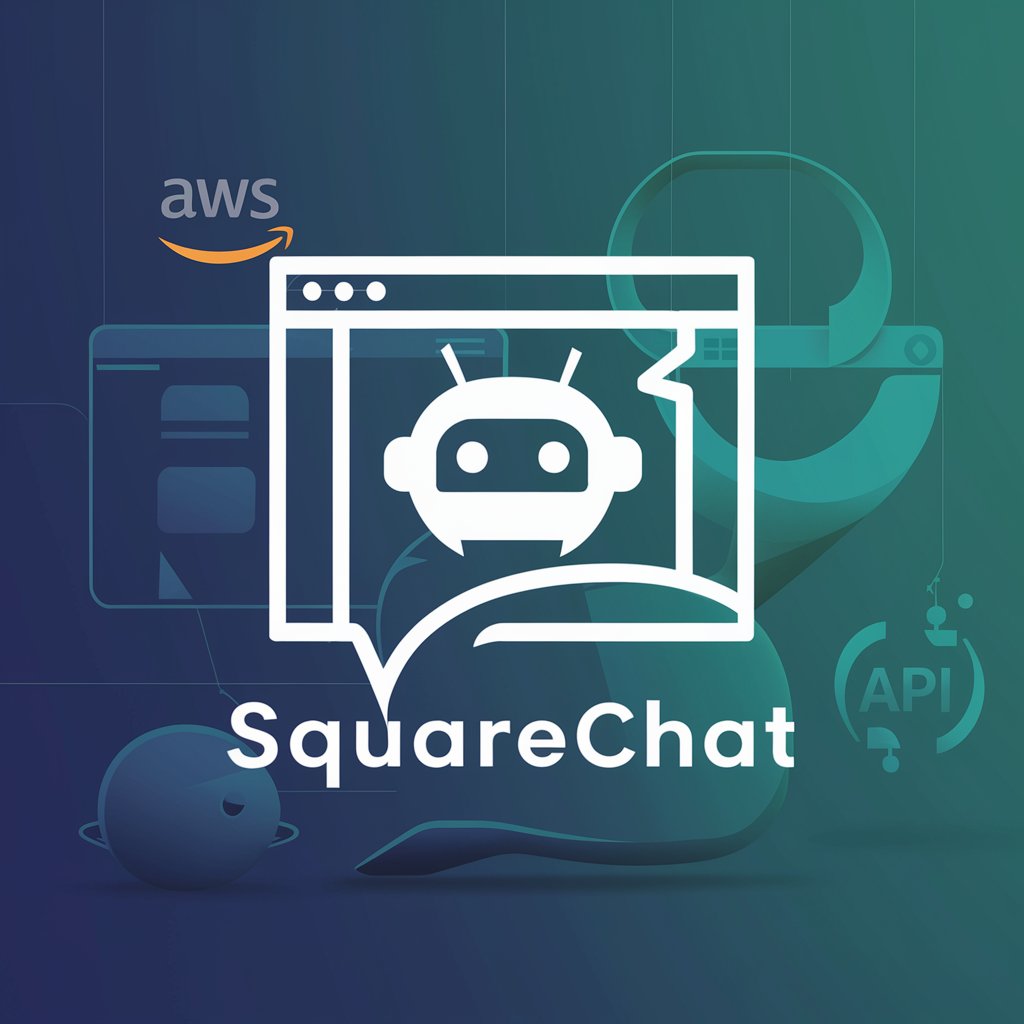
Tooth Fairy Magic Assistant
Bringing magic to your child's milestones!

Hissing Booth
Discover the hiss — AI-powered feline showcase

Frequently Asked Questions About OCaml Tutor
What is OCaml Tutor?
OCaml Tutor is a dedicated AI-powered tool designed to assist learners in mastering OCaml programming. It focuses on basic syntax, data structures, and offers insights into TypeScript for those interested in comparing the two languages.
Can OCaml Tutor help me with my homework?
Absolutely! OCaml Tutor is an excellent resource for students seeking assistance with OCaml homework. It can explain concepts, review code, and provide examples to guide you through your assignments.
How does OCaml Tutor compare OCaml and TypeScript?
OCaml Tutor elucidates the similarities and differences between OCaml and TypeScript, focusing on syntax, type systems, and functional programming paradigms to help learners transition between the two or understand each more deeply.
Is OCaml Tutor suitable for beginners?
Yes, OCaml Tutor is designed to cater to learners at all levels, including beginners. It breaks down complex concepts into understandable chunks, making it an ideal starting point for those new to OCaml or programming in general.
What makes OCaml Tutor different from other learning platforms?
OCaml Tutor stands out due to its AI-powered, interactive learning experience. It offers personalized feedback, real-time assistance, and a focus on practical application, setting it apart from more traditional, static learning resources.
